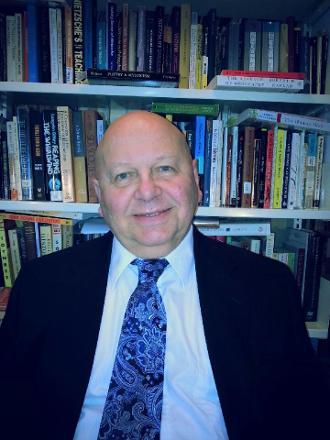By: Ian Kluge
Abstract: Although the Islamic world was superior to European civilization between the IX and XII centuries in science, technology, culture, and philosophy, by the end of the XVII century, this situation was reversed. One of the significant factors contributing to this reversal was the European Enlightenment, with its emphasis on applying reason to all intellectual and theological matters. This paper supports the Muslim philosophers and reformers who argue that the Islamic world needs its own “Islamic Enlightenment” or “age of reason” to respond positively to the challenges of modernity and the modern West. Furthermore, this paper supports the argument that the Islamic world has its own internal resources to spark such an Enlightenment. We show how Kant’s definition of “enlightenment” harmonizes with the Qu’ran about the necessity for all to use reason, i.e., for “opening the gates of ijtihad” to all. A significant number of modern Muslim philosophers and/or reformers agree that the establishment of the habit of independent reasoning is key to the revival of the currently stagnant Islamic world. To support this position, we demonstrate that a properly understood secularism is no threat to religious faith. Finally, we show how the modern saw themselves as heirs to the long-dormant Mu’tazalite tradition, which must be revived for the Islamic world to advance.




